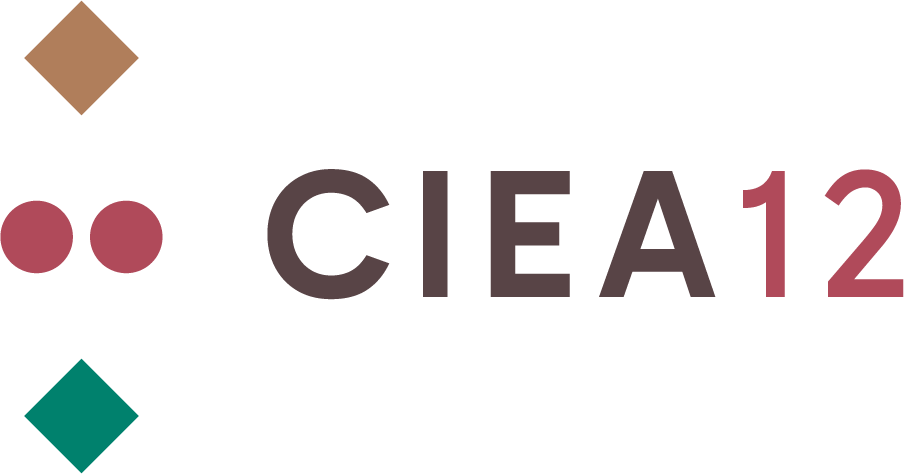The inscription of information in digital environments presents a range of factors that warrant consideration, including the establishment of distinct forms of access regarding archival sources. Nevertheless, there is still considerable scope for improvement in the accessibility of historical archives. The transition from paradigms of scarcity and difficulty in accessing colonial sources, whether due to displacement, neglect, or destruction, is still hindered by various constraints that influence the management and study of collections. This paper, which stems from the ArchLabour research project (ERC-funded), examines the current state of archival source mapping for the study of Portuguese public works in Africa (Angola, Mozambique, São Tomé and Príncipe, Guinea Bissau and Cape Verde). The recent collaborative project between the National Archives of the Ministry of Culture of Cape Verde, the Portuguese Overseas Historical Archives and the Portuguese National Archives of Torre do Tombo through the project, entitled "RESGATE", enabled the recovery of Cape Verde's documentary collections at the Portuguese Overseas Historical Archive in Lisbon. This joint venture permitted the digitisation and online dissemination of the documentary output of the Portuguese Administration in Cape Verde and Guinea-Bissau, covering the period from 1602 to 1834. It is our contention that these collaborations are pivotal to historical studies, facilitating historical research, archival management and community engagement regarding shared heritage.

The digitisation of shared archival heritage: a strategy for locating and accessing the Portuguese Public Works records in Africa
Sónia Pereira Henrique


